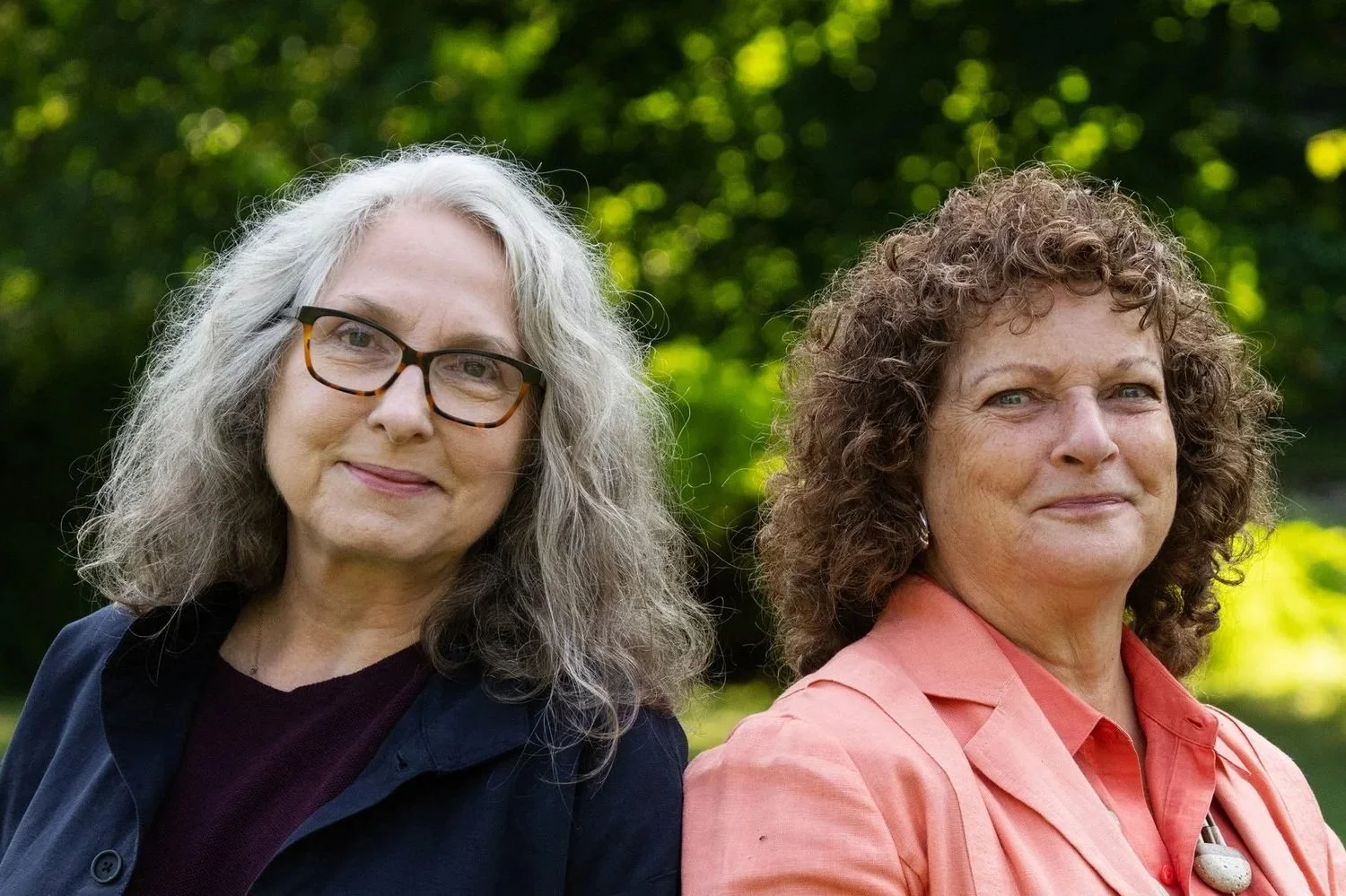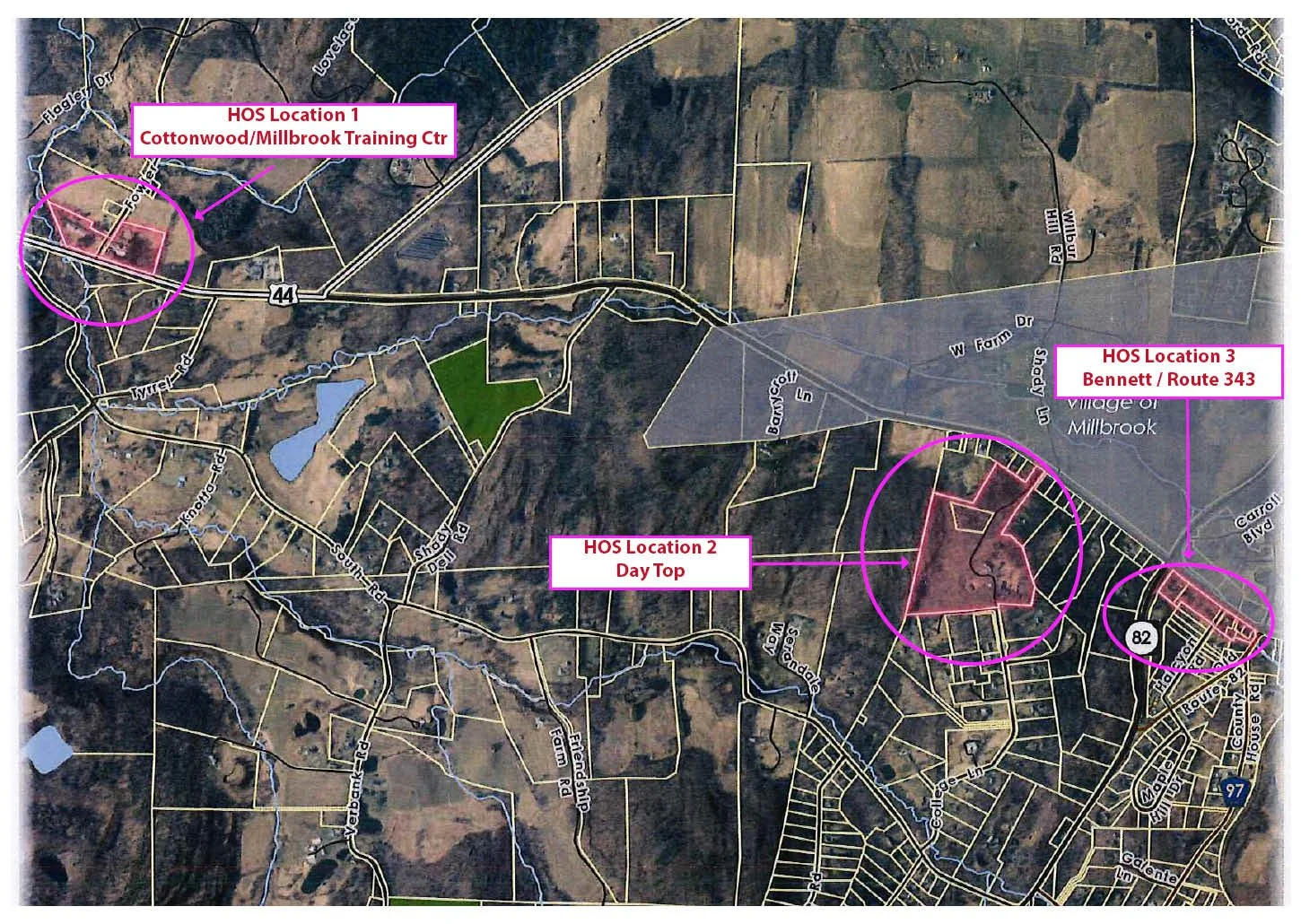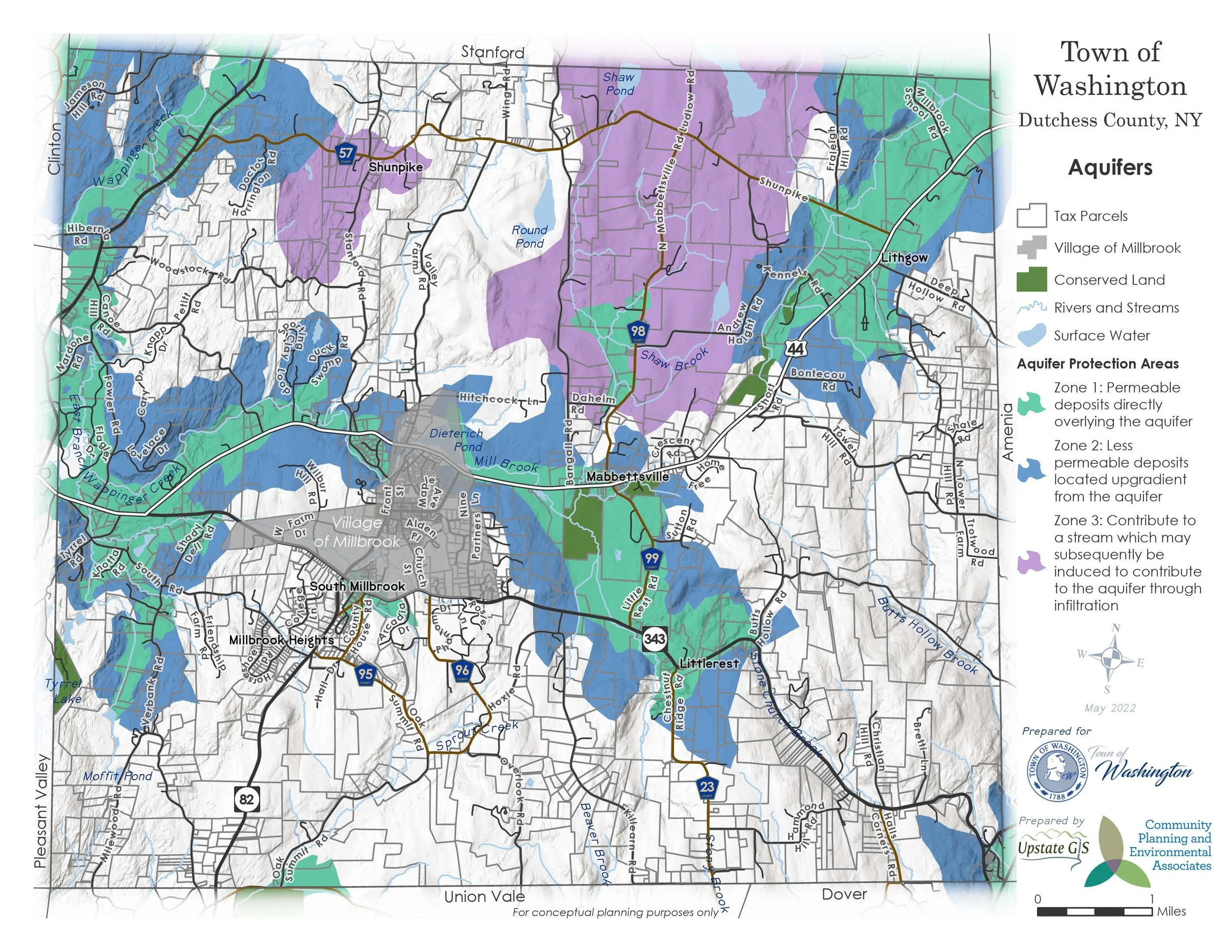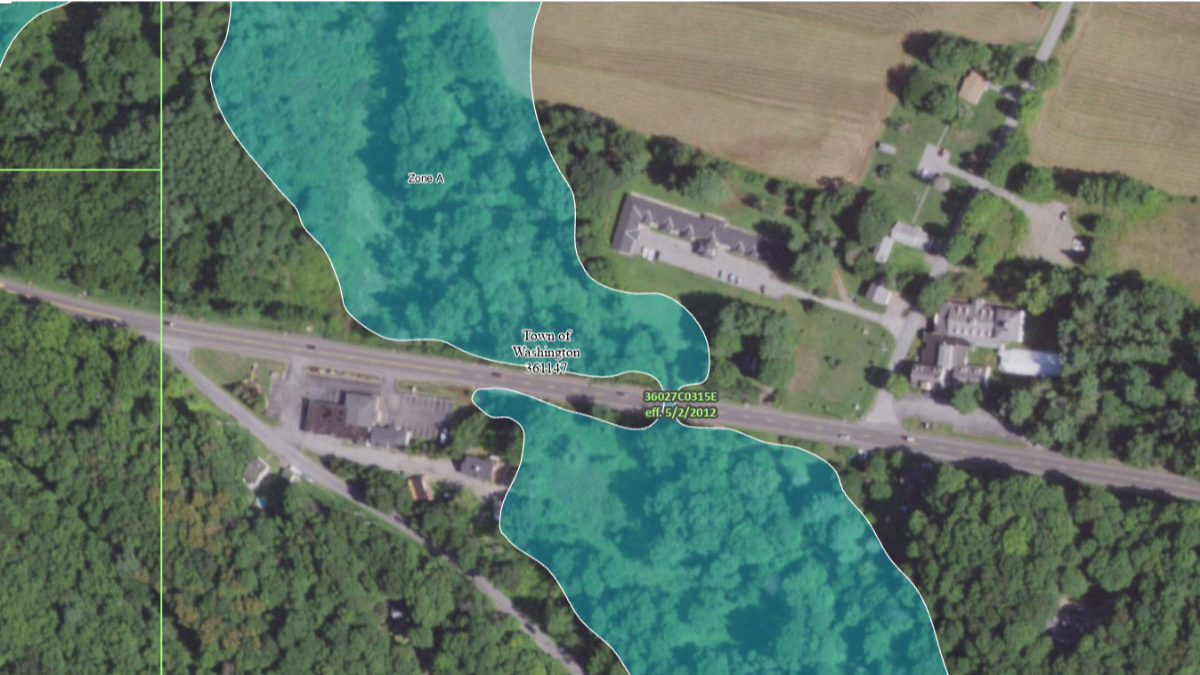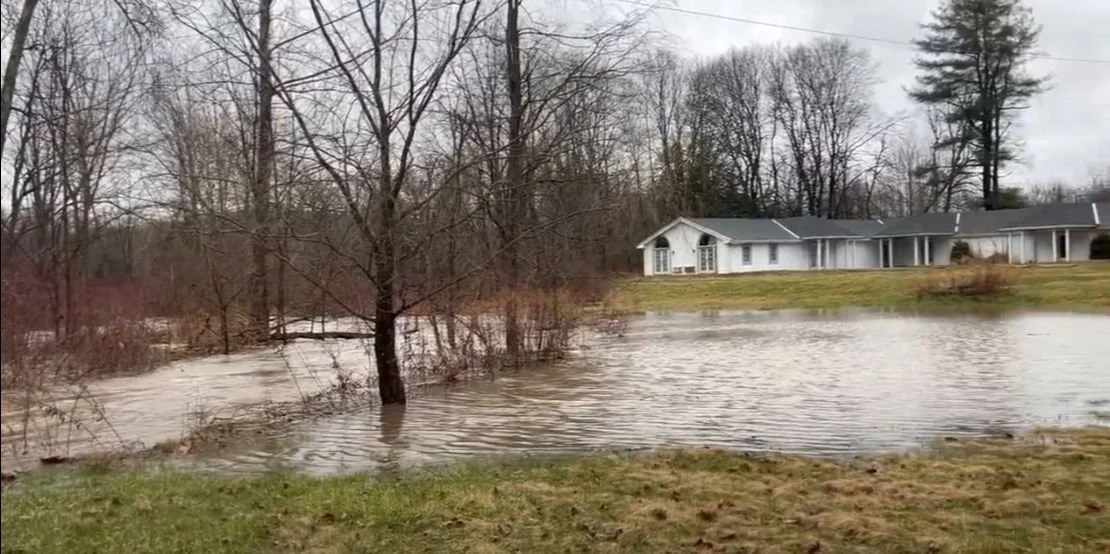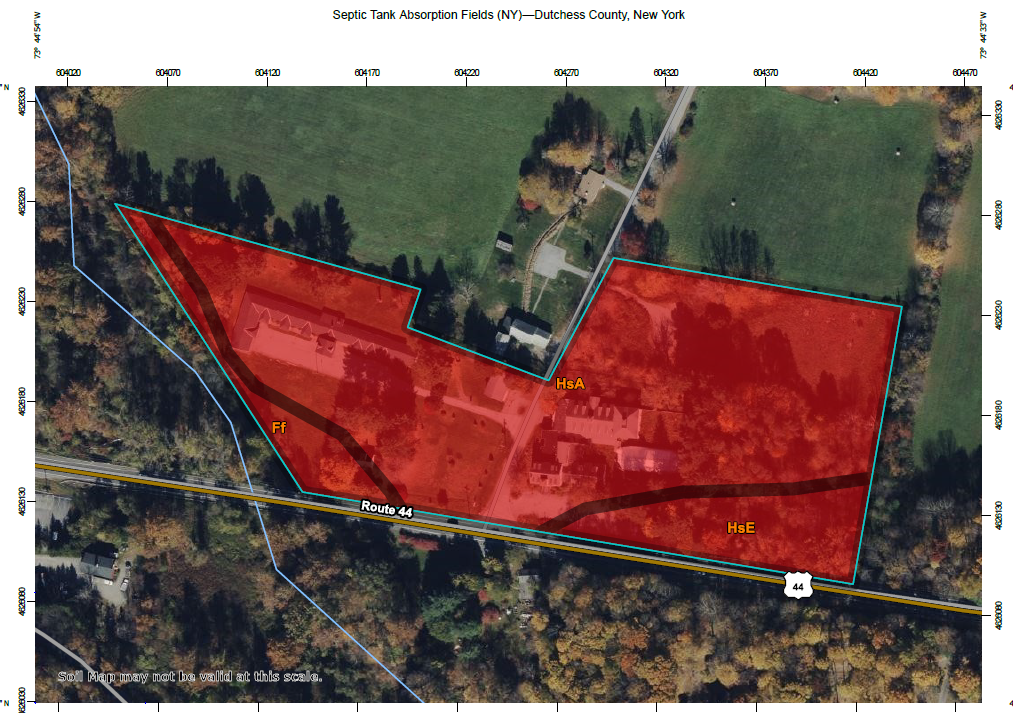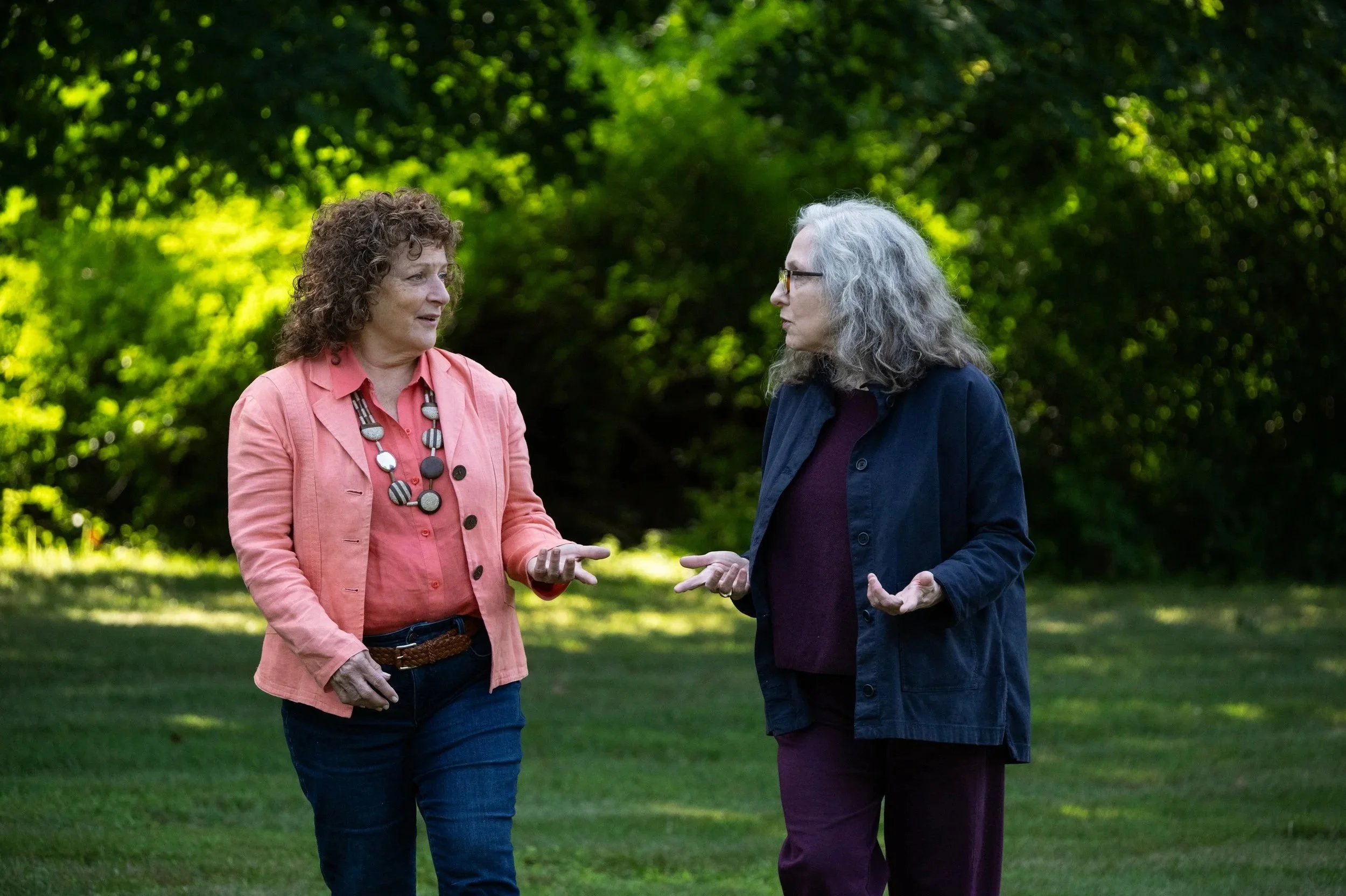Washington
for
Mancuso + Verne
Town Board
Your Voice. Your Town.
We are full-time time residents with a strong commitment to Washington. As attorneys, with a combined 75 years of legal experience, we will use our professional experience and community commitment to bring a fresh, positive, and professional approach to Washington Town government.
IT’S OFFICIAL!
THE DUTCHESS COUNTY BOARD OF ELECTIONS HAS CERTIFIED US AS WINNERS OF THE 2025 WASHINGTON TOWN BOARD RACE.
THANK YOU WASHINGTON!
We are honored to having been chosen to be your new Town Board members. We are excited and ready to get to work, to do your work!
Our deepest thanks goes out to those of you supported us by holding campaign events, taking hours out of you day to introduce us to your friends and neighbors, to drive to every nook and cranny of the Town to speak with strangers, to design signs and campaign literature, to make phone calls and send texts, to cluttering you property with our campaign signs and, of course, your financial contributions.
And for those of you who voted and supported other candidates, we look forward to hearing your concerns and working with you.
Follow us.
Why I oppose the Town of Washington’s 2024 Hospitality Law
An open letter from Susan Mancuso
to Town of Washington and Village of Millbrook residents
Over the past few months, I have been honored to hold conversations with you on your doorsteps, in your living rooms, and on the street. I have learned about many issues that you care about: making Town roads safer for walkers and bikers; working with the Village to support merchants providing a wider range of goods affordable to more people; making it easier for people to catch up on their property tax bills; providing better options for seniors and others to get around town; offering a wider range of programs at Town Park; actually charging and collecting — when applicable — the $4000 per lot fee that is earmarked for the Recreation Department when the Town approves new building lots (somehow this has fallen through the cracks); and improving training and retention of employees in positions with high turnover.
One question posed to me that has been circulating very recently concerns hospitality. It goes something like this: if you are in favor of new hospitality, then why did you oppose the hospitality law that the Town adopted in 2024?
In the aftermath of the outcry from the 2021 Migdale proposal — a large development with a hotel, residential subdivision, and glamping — the Town undertook a multi-year process to study how hotel-type uses could be incorporated into the Town’s Comprehensive Plan — which contains the Town’s goals and guiding principles for future development. The Town surveyed Town/Village residents to determine the types of hospitality they desired and where they desired it, commissioned a hospitality study, and updated the Town’s Comprehensive Plan.
The culmination of this effort was the adoption last year of the Town’s hospitality law.
This new hotel law is probably the Town Board’s most significant initiative in at least a decade. This could have been a crowning achievement for the Town Board, providing the kind of hospitality that the public sought, adding to the vibrancy and livability of our community. But instead our Town zoning code is now burdened with a deeply flawed law that, to date, has yielded the prospect of exactly zero new hotel rooms.
As detailed below, I strongly opposed this law. But it was not, as some have claimed, that I oppose hospitality in the Town. As a business owner, a member of the Millbrook Business Association Board of Directors, and a member of its Farmers and Makers Market Advisory Committee, I strongly support local business and initiatives that contribute to the vitality of our business community and our community as a whole. I opposed this law because this law concentrates the most intensive development the Town allows in areas that could significantly endanger the Town and Village water supply.
Site Selection.
The new Town law designates three sites for hotel development: the former Cottonwood Hotel / Millbrook Training Center (Location 1), the former Daytop site (Location 2), and 7 lots on the south side of Route 343, between Halcyon Road and Old Route 82 (Location 3) (see below).
The Town and Village Natural Resource Inventory states that “[a]ll residents of Washington and Millbrook rely on groundwater for their drinking water, making the abundance, safety, and protection of water an issue of vital importance.”(p. 35.)
What is groundwater? It’s the water located below ground in spaces between sand, sediments and bedrock formations. NRI, p.35.
For Village residents and businesses, drinking is water is provided as a municipal utility, where the Village collects shallow groundwater at a central point (supplemented by some surface water from Shaw and Mill Brook), treats it, and distributes it through a system of pipes to users. Town residents and businesses obtain water on the property where they are located, by drilling wells to access groundwater beneath the land’s surface.
Groundwater gets replenished by rain and snow permeating the land surface to the water table, the below-surface point where groundwater collects. The depth of the water table and the quantity of water available can vary greatly from site to site within the Town. How much and how quickly precipitation can be added to our groundwater depends on the type and configuration of soil, rocks and bedrock.
The Natural Resource Inventory classifies Town land into three zones according to its hydrogeologic characteristics. Zone 1 is called the primary recharge zone. Zone 1 sites contain permeable sand and gravel deposits, which allow precipitation to infiltrate directly from the surface to the aquifer (groundwater). This land is a primary conduit for replenishing groundwater. But the rapid permeability of Zone 1 land also makes water contamination more likely than in the other zones. It is therefore extremely important that Zone 1 locations be studied very closely before permitting development and disturbance of the land.
Two of the three districts the Town Board designated for hotel development — the Cottonwood/Millbrook Training Center (Site 1) and the Bennett/ Route 343 site (Site 3) are located in Zone 1, denoted in green in the NRI map below. (pp. 36, 49).
The Town and Village Water Supply.
Town Aquifer/ Water Supply Resources Map
HOS Sites in Aquifer Zone 1
According to the NRI, “Zone 1 water can infiltrate directly from the surface to the aquifer, carrying contaminants with it. . . . Therefore it is important to identify and act on threats to aquifers to ensure a steady supply of groundwater that can be used as clean drinking water.” (p.36).
The Conservation Advisory Commission weighed in on this law, expressing strong concerns about the locations of these hospitality projects on sites that are critical in serving the Town and Village water supply.
The Town Board failed to consider the impacts of allowing intensive development on this vital Town resource. The Board said it could not address this issue without a specific plan. Nevertheless, the Board greenlit 20- to 40-room hotel projects on these sites, leaving this mess for the Planning Board in the future.
The East Branch of Wappingers Creek runs directly through the Cottonwood Motel property. Not surprisingly, this property is located in a flood zone, as indicated in the FEMA flood map, below:
Flooding at Cottonwood and Bennett Sites.
HOS Location 1: Cottonwood/Millbrook Training Center Site
FEMA Flood Map
Frequent flooding has occurred at this site, as shown in the photos below.
HOS Location 1: Cottonwood/Millbrook Training Center Site
The flooding problems in the Bennett location are known to many in the area, and Town officials have documented this hazard. In 2016, the County published a Hazard Mitigation Plan, with data provided to it from the County’s municipalities. The Town reported a “history of past flooding issues on Route 343 and Old Route 82.” It further noted that “[f]our residential homes located on Rt. 343 and 92, and Old Rt 82 experienced property and structural damage during various storm events.” (See, pages 4 and 8).
HOS Location 3: Bennett/Route 343
Flooding creates many dangers. But it happens in Zone 1 areas, there is an enhanced risk of groundwater contamination.
Unlike in most of the Village, the Town does not provide sewer service. This means that the land the Town has approved for hotel projects must aid a septic system’s sewage filtration process. The United States Department of Agriculture provides an online mapping service that classifies soil for various purposes. The USDA Soil Survey maps for the Cottonwood and Bennett locations are highlighted in red, indicating that the soils at these locations are very limited for septic absorption purposes and that “limitations generally cannot be overcome without major soil reclamation, special design, or expensive installation procedures. Poor performance and high maintenance can be expected.” (You can access the full reports through the links).
When it was in operation, the Cottonwood had multiple instances of e. coli contamination in its water supply (reports can be accessed at the County Health Department).
Sewage Treatment at Cottonwood and Bennett Sites.
HOS Location 1: Cottonwood/Millbrook Training Center Site
USDA Soil Survey Map — Septic Absorption Capacity (Red = Very Limited)
HOS Location 3: Bennett/Route 343
USDA Soil Survey Map — Septic Absorption Capacity (Red = Very Limited)
The Daytop USDA Soil Survey report states that this site is also impacted with soils with limited (yellow) to very limited (red) septic absorption capability.
Daytop Site: History of Sewage Health Hazards.
HOS Location 2: Daytop
USDA Soil Survey Map — Septic Absorption Capacity (Yellow = Very Limited) (Red = Very Limited)
The limitations of Daytop’s soils is well-known to the Town, with a documented history of sewage surface discharge going back at least 50 years.
In 1973, for example, the Dutchess County Health Commissioner ordered Daytop to construct a new sewage system.
In 1988, the Millbrook Village engineer advised the Millbrook Village Board of Trustees, which then included Mayor Gary Ciferri, that Daytop wanted to tap into the Village’s sewer system. The engineer noted that site use was “already operating beyond the capacity of its existing septic system.”
A Dutchess County Health Department engineer reported to the Village Board that the Daytop septic system had a permit only because it was an existing facility. The County engineer cited the soils on site as the problem for septic, “mak[ing] it difficult to treat the waste through normal soil leaching and, therefore, the Health Department would not approve any enlargement of the facility.”
And Town records for the Daytop parcel contain a 2000 County Health Department Report, where department officials, dispatched to the Daytop site, observed that “partially treated sewage was discharging to the surface of the ground,” in violation of the Dutchess County Sanitary Code.
In addition to the waste management issues, this site has not been able to produce an adequate volume of drinking water. If the Town Board had listened to the residents of College Lane or consulted Town files, it would have learned that, for decades, the Daytop property had been siphoning water from a federally-designated wetland located over a third of a mile away, near the intersection of College Lane and South Road. Pipes run underneath some of the properties on College Lane.
The map below shows the location of the pumphouse used to extract water from this regulated wetland.
Daytop Site Water Supply: NONE
HOS Location 2: Daytop — Pumphouse for Off-site Water Supply
The Town Board appears to never have considered this issue.
Other Issues.
Cottonwood/Training Center Site: Ancient Artifacts.
In 2022, almost two years before the Town adopted the law, Landmark Archeology, Inc. filed a Prehistoric Archeological Site Inventory with the NYS Office of Parks, Recreation & Historic Preservation. This report revealed the presence of artifacts (now secured off site) that were carbon-dated to 1221-1282 AD, 200 years before Columbus arrived on this continent and at least 325 years before Henry Hudson sailed up the Hudson River. The report recommended that the site be eligible to the National Register of Historic Places. This report was not made part of the hospitality law public record.
The Town’s hospitality law required that access be from a state road, in this case, Route 44. Shortly after the law’s adoption, the Cottonwood developers presented their plan to the Town’s Planning Board. Their engineer explained that because of traffic safety issues, it would be unlikely that under today’s traffic standards, the New York State Department of Transportation (DOT) would allow access directly off Route 44. The Town Board appears to have never considered this issue.
Site Access.
Zoning Single-Family Homes for Hotel Use.
The Town designated 7 lots on the South side of Route 343 as hospitality district properties. Five of these seven lots are single family residences. What was the Town Board’s thinking when it did this?
Costs to the Developer — Room Rates
The USDA reports mentioned above stated that efforts to use land with soils of limited and very limited soil absorption capacity is likely. A developer would have to factor these additional costs into the project, possibly making the project too costly to be feasible or require the developer to increase room rates beyond what many would deem affordable. It appears this was not a concern to the Town Board.
After undergoing a multi-year process to address hospitality needs, where are the hotels rooms? Three parties have expressed interest, including developers that presented a concept site plan to the Planning Board immediately following the law’s passage. Nothing has materialized. Could it be because of the daunting challenges and likely expenses posed by proper sewage treatment, water sourcing, and potential flooding? These facts were readily available to the Town Board when it chose these locations, but it decided to ignore them, leaving us with a law that allows hotel development on sites that may be too challenging to be feasible and, if developed, could compromise our precious water supplies and, perhaps, even our health.
Where are the Hotels??
There is a limited amount of land in our Town. We cannot make more. And the pressure to use Town land in more intensive ways is inevitable. We cannot have our head in the sand when change comes knocking on our door. We have to be pro-active and smart. This Town is unique and spectacular in its natural beauty. We cannot afford to apply magical thinking in addressing these critical issues. Instead, we need serious, smart, transparent, and collaborative work to ensure sensible development that works and preserves our essential natural resources.
This is Why I am Running.
Susan Mancuso
Alert!
The Town Board recently passed (unanimously) a resolution that terminates live Zoom broadcasts of public town meetings.
Since the Town Board didn’t address any of the following concerns, we apologize on their behalf to those Town residents who have to care for children, parents, spouses, or others, for those with mobility issues, for those who have difficulty driving in the dark, or those who are not able to drive, for those who rely on computers to aid them to view or hear the proceedings, and to anyone else that may have difficulty attending the proceedings.
BIG CHANGES on the Town’s horizon
Two major real estate projects are on in the works. The sponsors have made the first filings for the Town’s approval of their plans.
residential development
an 18 golf course
short-term stays (hotel?)
polo & equestrian facilities
club house & ancillary amenities
spa
other recreational activity
with land set aside for conservation
On Tuesday evening (10/7), Centaur Properties, LLC will unveil its proposal to develop the Hitchcock Estate before the Town of Washington Planning Board. The Town portion of this property, with almost 2,000 acres, is the largest parcel in the Town . Centaur’s project includes:
Hitchcock Estate.
The Daytop site is located at the top of College Lane, an essentially dead-end street of single-family homes. In July, the Planning Board held a pre-application meeting when Weston Hotel Partners presented its development plan for this site, which includes:
30-room hotel
event space
spa
Daytop Site
About Us.
Susan Mancuso
Susan is a full-time resident of the Town of Washington. She is a successful tax attorney, having devoted over 38 years to the practice of municipal tax law. She has represented both property owners and local government, including the Town of Greenburgh and New York City. She also served as the chief counsel to Greenburgh, the largest town in Westchester County. This gives her a unique understanding of town government operations, laws, and the need to maintain a stable tax structure to support essential services. Equally important to her is the need for our Town’s taxes to be fair and affordable for both residents and businesses.
Susan is deeply committed to enhancing the quality of life in Washington for all residents. She is on the Board of the Millbrook Business Association where she provides legal counsel on the myriad issues before it. She is also a member of the Millbrook Farmers and Makers Market Advisory Committee where she is focused on expanding market access to all residents of all incomes and building a vibrant maker rotation of vendors. Susan is also active on environmental issues, working to ensure that the Town of Washington maintains a clean water supply and its spectacular beauty.
Maxine Verne
Maxine has been a full-time resident of Millbrook for over 20 years. She is also an attorney, with an extensive career, spanning more than 40 years. She has served as in-house counsel to several large corporations, providing, among other things, advice to the boards of directors, addressing regulatory and compliance matters, and dealing with real estate and human resources issues. Maxine has at various times also been a member of the board of these corporations. This experience has honed her ability to bring people with opposing interests to the table, help build consensus among them, and to craft outcomes that serve all stakeholders.
Currently, she serves as Global Contract Consultant for Guy Carpenter, Inc., an international reinsurance broker. Maxine is also an Adjunct Professor of Risk and Insurance at The Peter J. Tobin College of Business, St. John’s University. She recently retired from SCOR, a global reinsurer, where she served as General Counsel of operations in the Americas for over 20 years.
In the 20 years that Maxine has has lived in Washington, she has seen changes in the community. Her ambition is to see the town thrive and develop while maintaining its character and conserving its resources. Maxine is an avid animal lover and has rescued many dogs; currently her two Spanish Greyhounds, with whom you can often see her in town.
Mancuso + Verne
for
Washington
As elected officials, we are public servants. Our job is to listen to you, make your voice heard in Town Hall, and work together to accomplish your goals.
Giving Residents a Voice
We will make sure that you have access to the information you need to accurately know what is going on at Town Hall and that you have an adequate opportunity to tell us what you think — before decisions are made.
Transparency + Accountability
In many ways, the Town and Village operate as a single community. We will promote cooperation between our two governments in areas of mutual concern such as economic development, land use decisions, and government efficiency.
Town + Village Cooperation
Sustainability — Economic and Environmental
Town government decisions play a critical role in determining what your community will look like for you, your children, grandchildren, and all future residents. We will carefully examine the economic and environmental consequences of town board actions to ensure a viable and thriving Town now, and for generations to come.
We understand that a significant portion of your earnings are used to pay your Town property taxes. We will thoroughly examine the budget to make sure your tax dollars are going where they should go and are being spent wisely.
Fiscal Prudence
Follow us.
Contact Us
We’d love to hear from you!
